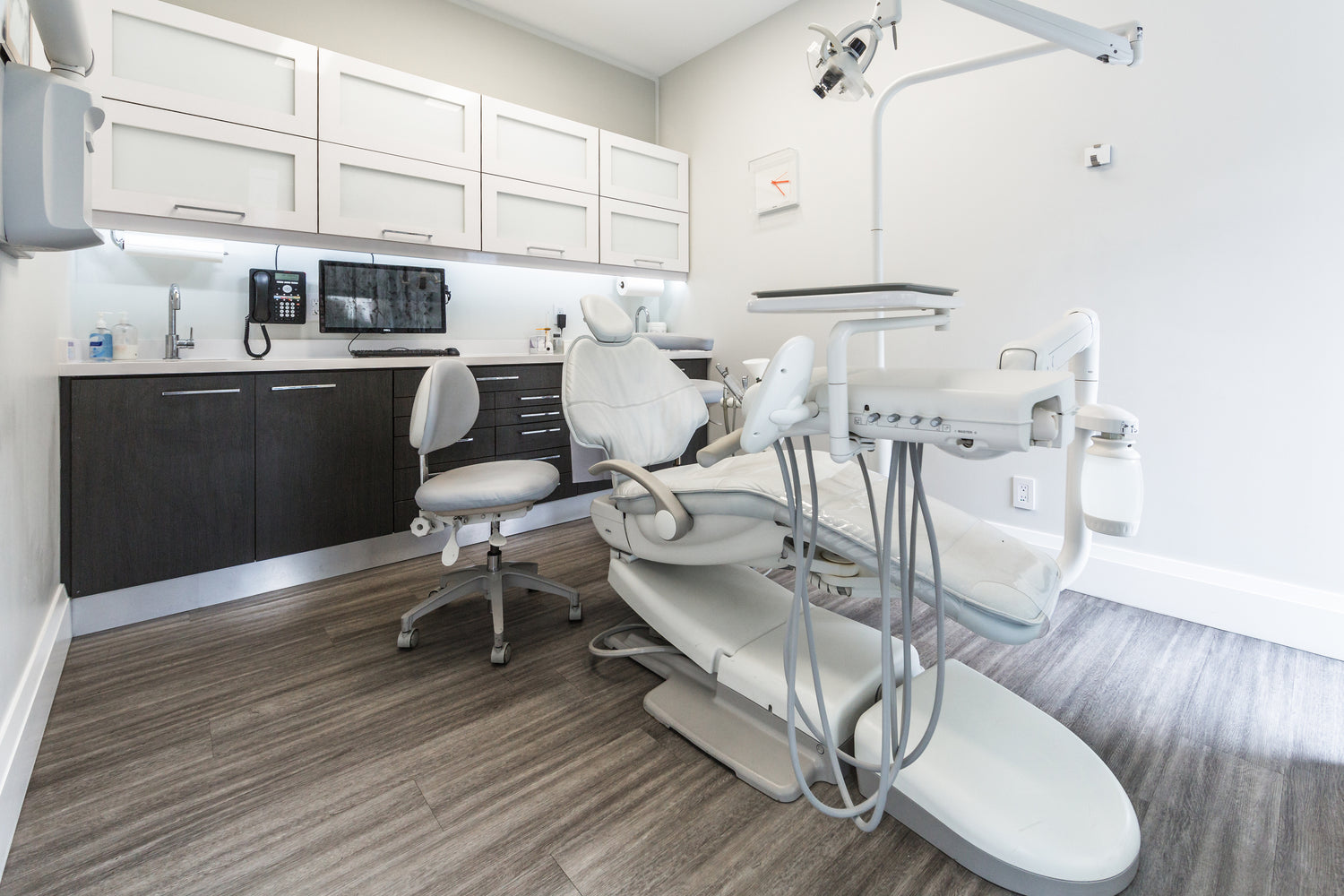Dental Compounding

We got you covered
Does a visit to the dentist’s office make you feel anxious? We are here to help! We provide solutions to help patients have a more relaxed experience at the dentist, whether the visit involves an invasive procedure or a simple cleaning. We work with dentists and their patients to optimize treatments and procedures using customized medications. Custom compounds help dentists optimize patient outcomes and provide healthy, alternative solutions.

Tailored dosage forms
Our pharmacy provides a full range of dental medication compounding solutions to benefit patients and dentists alike:
- pain relief treatments
- fluoride treatments
- topical anesthetic gels
- oral sedatives
- mouth rinses
- anxiety medications for procedures
- cavities prevention
- Magic Mouthwashes
Magic Mouthwash
What is magic mouthwash?
Magic mouthwash is a prescription liquid mouth-rinse made from a mixture of medications, used to relieve pain caused by mouth and throat sores from inflamed tissue (called oral mucositis). These painful sores are a common side effect of chemotherapy or radiotherapy for cancer, but they can also be caused by bacterial and viral infections, autoimmune diseases, Behcet’s disease, and oral thrush (fungal infection).
What are the medications/ingredients in magic mouthwash?
There is not a standard set of ingredients for magic mouthwash, and your healthcare provider will determine which ingredients meet your individual needs. Our compounding pharmacy will prepare it for you by mixing the medications together. Some common medications found in magic mouthwash formulas include:
- antihistamines to lessen swelling (e.g. Benadryl)
- antacids to help the medications coat the sores to provide relief (e.g. Maalox)
- local anesthetic to numb the nerves inside your mouth (e.g. viscous lidocaine)
- antibiotic to kill bacteria around mouth sores (e.g. tetracycline)
- antifungal to stop fungal growth (e.g. Nystatin)
How should I use magic mouthwash?
There also is not a standard set of directions for how to use magic mouthwash. The instructions can vary based on the mixture and your doctor's orders, so it is very important to follow them exactly as your doctor told you. Typically, you should shake well magic mouthwash and swish, gargle, and spit 1 to 2 teaspoons every 4 to 6 hours. Your doctor should let you know a specific dose.
Sometimes, your healthcare provider might ask you to swallow magic mouthwash if your sores are in your throat. Do not swallow this medication unless instructed to do so, as swallowing too much medication can put you at risk for certain side effects, such as sleepiness, nausea, and upset stomach. These side effects may vary depending on what medications are used in your mixture. After using this mouthwash, it is usually recommended that you wait 30 minutes before eating or drinking to let the medicine take effect. Be sure to ask how long to use the mouthwash, as the doctor may only want you to use it for a brief amount of time.
